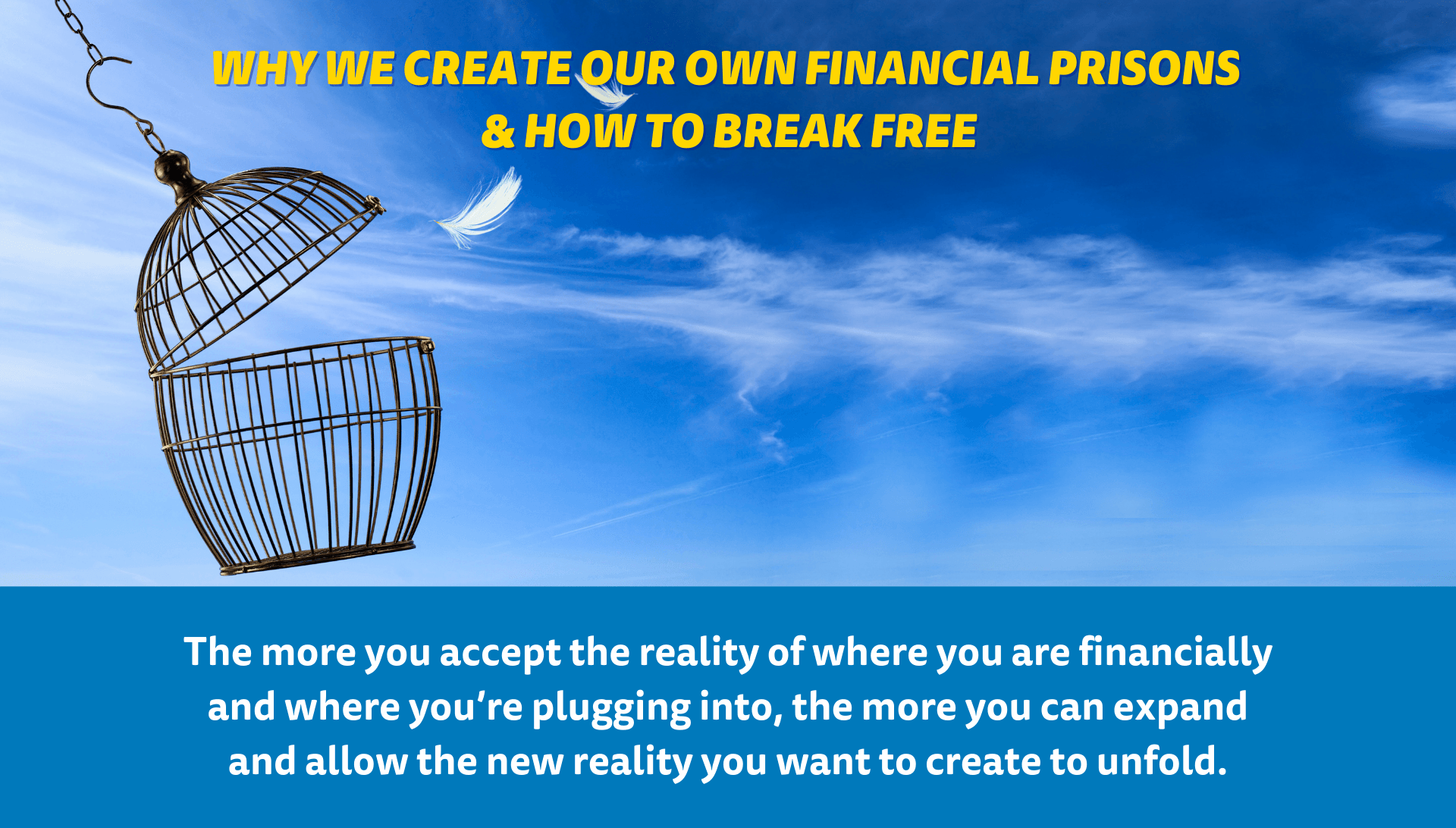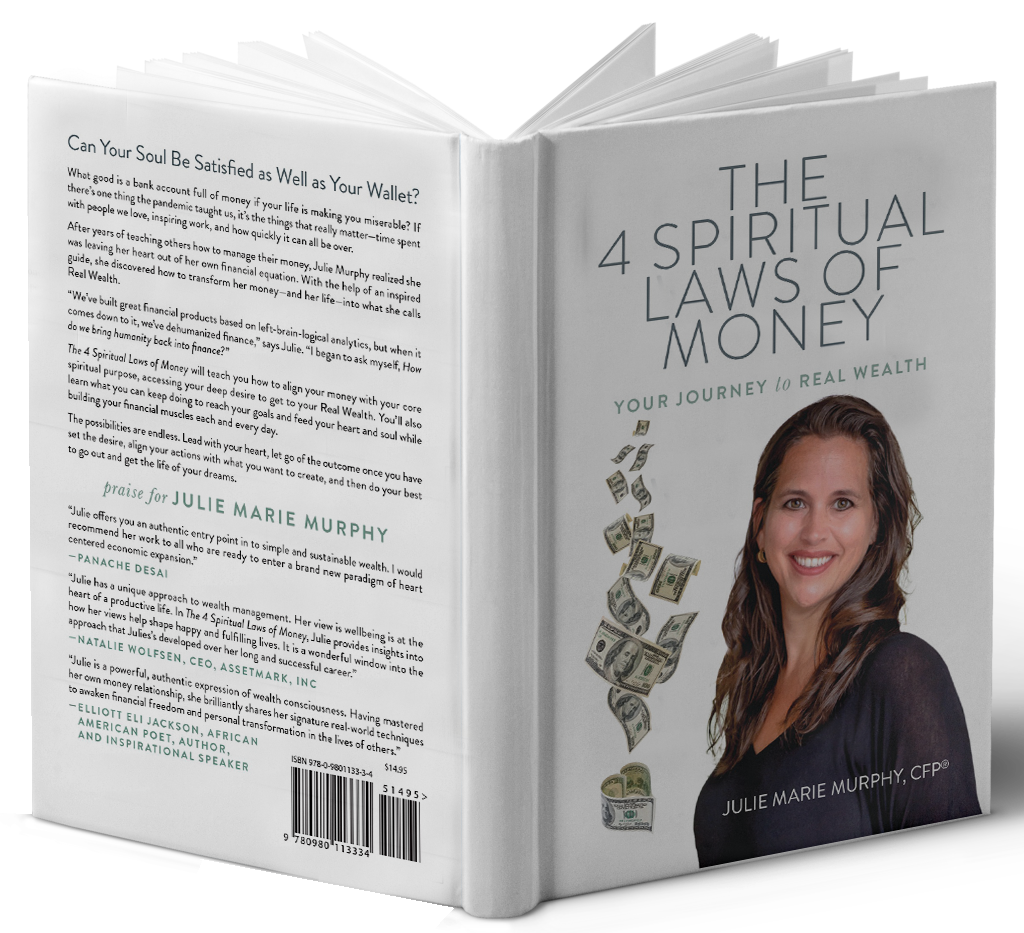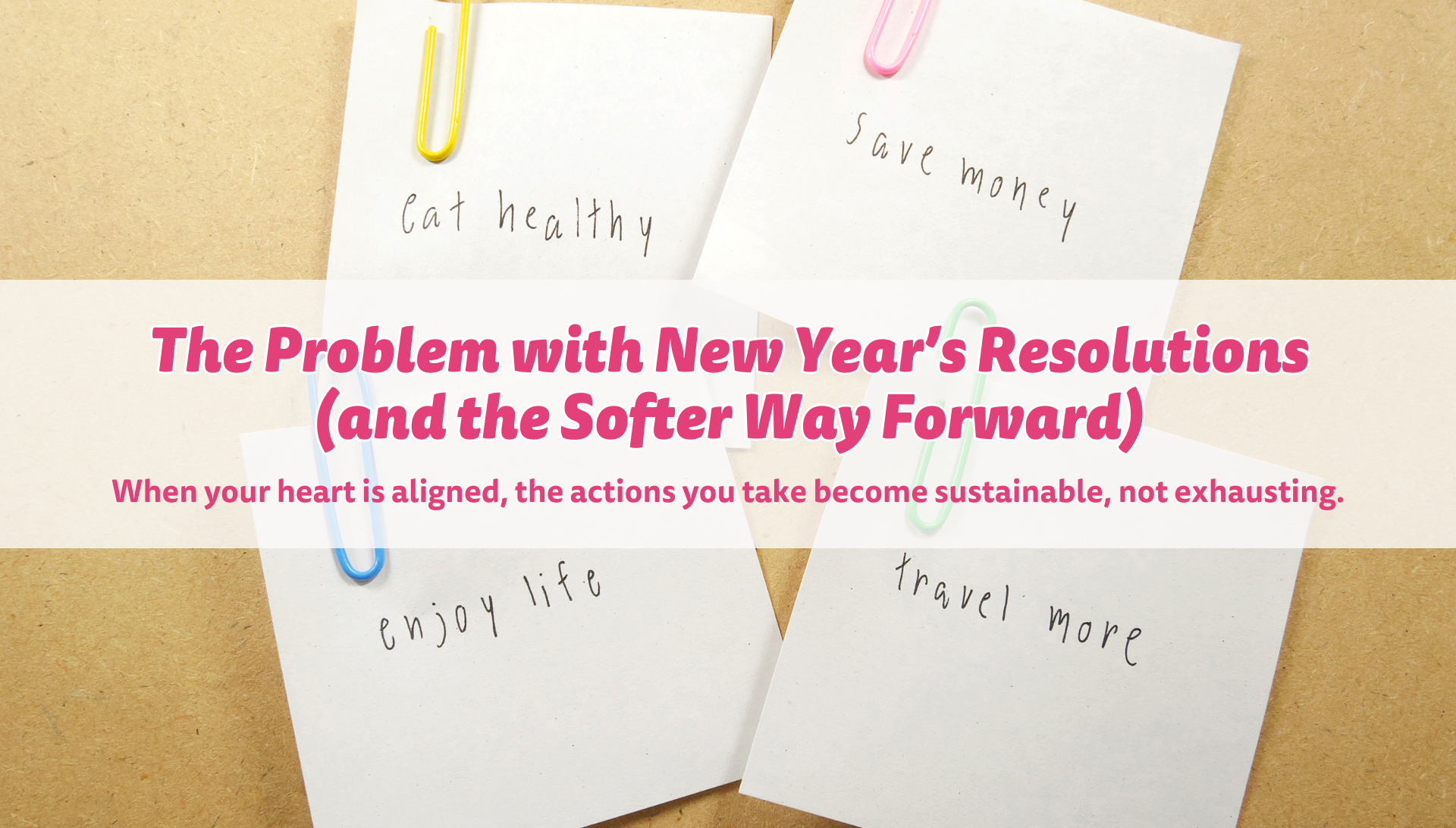Why We Create our Own Financial Prisons & How to Break Free
Blog

Does your financial life feel like a prison you can’t escape from? Perhaps this also extends to other areas of your life? Your relationships, your career, your health?
This is because our finances are a reflection of everything else occurring in our lives.
After all, everything is energetic. It
all intertwines.
However, I get that if you’re reading this your financial life might feel like the part that gives you the least amount of freedom. In fact, this is incredibly common.
Why?
Because we don’t create the infrastructure to become financially flexible and be able to live fully in the present moment. Until we work on the emotions and patterning around our money, we take the same actions, continue to rely on debt instruments and forget to remember how much of our lives - including our financial ones, are driven from the inside.
The Acceptance of Your Reality
Perhaps there’s also a piece of you subconsciously unwilling to accept the reality of where you are financially?
Do you know exactly what is coming in and going out every month or do you refrain from acknowledging this out of fear, guilt, shame or self-judgment?
Are you aware of the leaky financial containers you’re creating such as not having allocated funds ready for those unexpected costs or expenses and therefore defaulting to continuing a cycle of debt?
Or perhaps your leaky container is constantly caretaking to others such as your kids, family or friends and neglecting your own financial and emotional needs in the process?
Maybe you’re working in a job you dislike or in a relationship that doesn’t serve you and compensate by engaging in over-spending that leads to a financial hangover?
A further factor that leads to the creation of a financial prison is allowing others around us, whether that be those close to us or society, to dictate the financial choices we plug into.
All of these mean that we’re so constrained financially, we lack the power of choice. We’re unable to live in the present moment.
Through my framework, the PACT Process, which you can read more about in my
books and resources, the acceptance of reality is an incredibly important step.
And I understand, it can be challenging! It can feel overwhelming; stepping into those uncomfortable emotions that so many of us feel around money and our patterns around it.
But the truth is, the more you accept the reality of where you are financially and where you’re plugging into, the more you can expand and allow the new reality you want to create to unfold.
The more you step into the acceptance and feel all the feelings you’re experiencing around your finances, the more you can also begin to embody your true, empowered self to take the actions to create
financial freedom.
The Truth About Budgets
You might also be thinking ‘But Julie, I’m trying to stick to my budget, I’m seeking all the advice, I work hard and still I feel like I’m not making progress!’
One of the first things I advise people is to remove the word budget from their vocabulary!
This word in itself for many, can feel restrictive, which then only perpetuates the feeling of being in a financial prison!
So instead of trying to stick to a budget, one of the key ways to reduce financial stress is to consider how you want your money to flow. How you desire to build a safe financial container around you that still feels expansive.
This means creating full awareness of your finances by acknowledging exactly where you are with your debts, your cash flows in the present moment and your financial future.
It means regularly checking your bank statements and assessing what spending choices bring you joy and which ones you choose to let go of - from a place of expansion.
It means being aware of where you’re allowing others around you to take control or influence how you’re plugging in financially and if this is really aligned with what
you desire?
It means working to become your
own bank.
It means taking a completely different perspective through the lens of knowing that you are the creator of your financial life, no matter where you’re starting from, and consciously choosing the actions to support that life you want to build.
Let Go of Financial Regrets
Many of us also have
financial regrets that eat us up inside and only lead to further self-sabotaging behaviours around our money.
The impact of this makes our nervous system contract and that financial prison feels like it’s closing in because we remain in our suffering patterns.
So again, and I can’t emphasize enough, this is about accepting the reality of your past financial choices, but then choosing - with full self-compassion and kindness, to let them go and intentionally deciding to view your money through an entirely new lens.
A lens of empowerment.
One where you forgive yourself - and others if necessary, and choose to create your financial life in a way that offers you financial flexibility and takes care of your financial past, present and future all at the same time.
An effective exercise you can try is writing a letter to yourself or your money and declaring exactly how you feel about any regrets you have. Let it all out and allow it to flow through you. Feel into those feelings as you put pen to paper. Then, commit to letting it go by tearing it up, or burning it and releasing it.
When you shed any financial regrets, you also peel away the emotional layers that allow you to access your core, true self. You reach that next summit and you free yourself. You make space to expand rather than contract and of course, you can learn from your past financial decisions, but from a place of pure neutrality.
This is how you break down those prison walls, build a safe financial container and allow your heart to take charge. From here, you bring in the smarts to make considered, conscious actions to become financially flexible where
you get to drive the engine and fully live in the present moment.
Share Blog On Social
Recent Blogs

Similar Blogs







